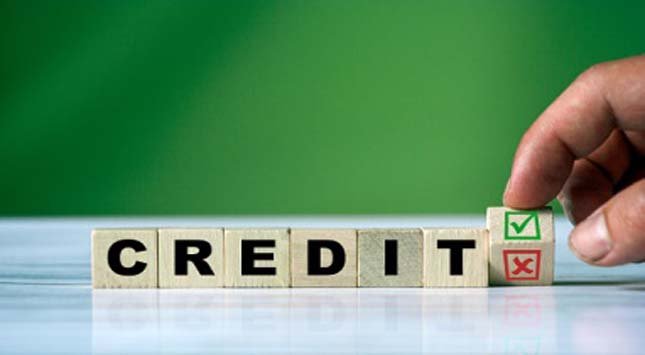In the finance world, your credit score matters a lot. It dictates the terms and conditions of a loan, the monthly premium you pay, whether or not you can get a loan from a bank, and sometimes whether you can rent an apartment or not.
If that three-digit score is so important in determining your creditworthiness, why not understand its mechanics in simple terms that you can comprehend?
In finance mechanics, we will discuss the factors that determine your credit score. Not just that, we also look at bad credit financing options you can use if you have a bad credit score.
Understanding the mechanics will help you build a good credit score and knowing bad credit financing options will help you arrange funds when you are in urgent need of money, and struggling with a bad credit score.
Factors That Affect Your Credit Score
A credit score is a three-digit number assigned to every individual who has been involved in a financial transaction. It is assigned by credit rating agencies based on your credit history, which includes the details of the transactions you have.
There is a range of factors that affect your credit score. No credit rating agency has revealed the exact mechanism of how they calculate a credit score, but they have revealed the factors that play a major role in it.
FICO and Vantage Score are the two most popular credit rating agencies whose credit scores are used by most lenders to determine creditworthiness. Have a look at the factors that play a key role in deciding your FICO credit score and other credit rating agency’s scores.
1. Payment History
Payment history is the most crucial factor that affects your credit score. FICO’s official website says your payment history contributes 35% to your credit score. You must make credit card payments on time. Even a single missed or delayed payment hurts your credit score, which may take a very long time to fix.
On-time payments play a key role because it shows that a person is a responsible user and manages their finances well.
If you are struggling with a bad credit score, a series of on-time payments can gradually improve your affected credit score.

2. Credit Utilization Ratio
The credit utilization ratio is the next most important factor that accounts for 30% of your credit score. It is the percentage amount of the credit limit you use and is calculated by dividing the amount of credit limit currently in use by your maximum credit limit.
The credit-utilization ratio gives a good idea of the person’s reliance on non-cash funds. Experts recommend keeping the credit utilization ratio below 30% to maintain a good credit score. Anything above has a poor impact on your credit score. Many credit cardholders have a good payment history but due to a high credit utilization ratio, their credit score suffers.
If you have a high credit utilization ratio, it is time to pay off your debts and keep your utilization ratio low to improve your credit score.
You May Like to Read: Improve Your Credit Score with Authorized User Trendlines
3. Credit History
The length of your credit history is one less important factor in comparison to the payment history and credit utilization ratio, accounting for just 15% of your credit score. It considers the age of your oldest credit account, the age of your current credit account, and the average age of all your accounts. The longer your credit history, the better it is for your credit score.
4. Credit Inquiries
This is a strange factor that somehow affects your credit score. The higher number of credit card applications and inquiries indicates that you are a high-risk borrower. It does not have a devastating impact on your credit score but accounts for 10%.
5. Credit Mix
Credit mix constitutes 10% of your credit score. There are two types of credit: revolving credit and instalment credit. Having both types of credit has a positive impact on your credit score.
You May Like to Read: Ways to Report Bad Credit Card Processors
Bad Credit Financing Options
A bad credit score is something that you can’t fix overnight. If you need finance with a bad credit score, it is hard to convince your bank or traditional financing institution’s banking officer to lend you money. Therefore, it is very important to know about the bad credit financing options you have so you can meet your emergency fund needs.
Here are the three most popular lending options:
Credit Union Loans
Credit union loans are considered the best lending option if your bank has denied you a loan. Credit unions are non-profit organizations that are established to help their members with financing. You can apply for a loan with your local or community-based credit union.
You have to be a member to borrow money. Credit unions offer a range of loans, including personal loans, car loans, and home loans. You can repay the loan in easy monthly instalments.
Private Short-Term Loans
Private short-term loans are the most convenient lending option to arrange quick funds. Many private online lending platforms offer same-day loans with bad credit in Canada.
These platforms do not determine your creditworthiness based on your credit score; instead, they take your monthly income into account for loan approval. You can repay the loan in easy monthly instalments.
Payday Loans
Payday loans are the quickest lending option that can offer you financing within hours. Payday loan lenders just need to know your monthly or weekly income and will lend you money based on that. This type of loan is infamous for predatory interest rates and high processing fees.
You have to repay the loan in a single repayment on your next payday. So these are the few key insights on the mechanics of credit scores and bad credit financing to help you make informed financial decisions as not all debts are equal.

